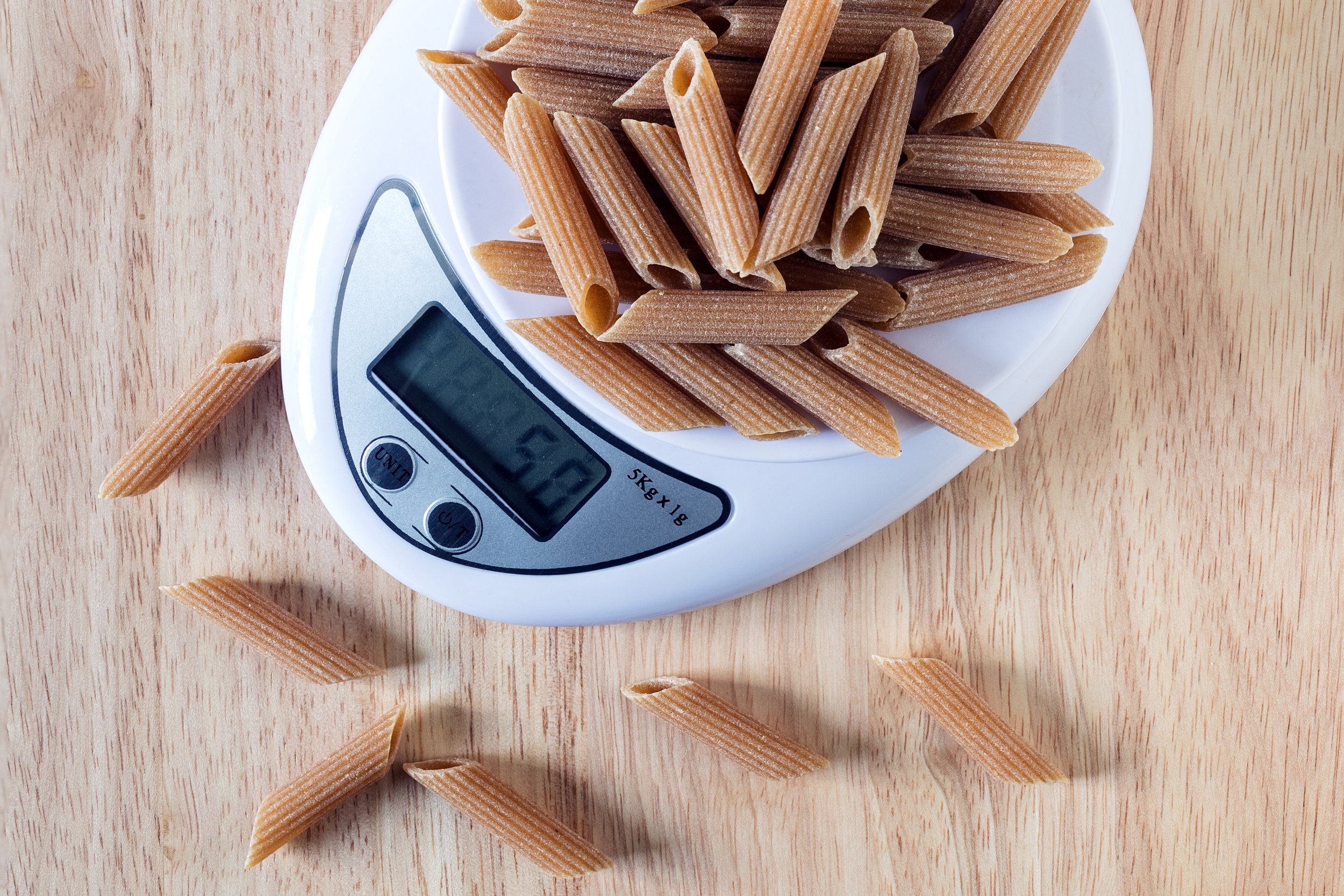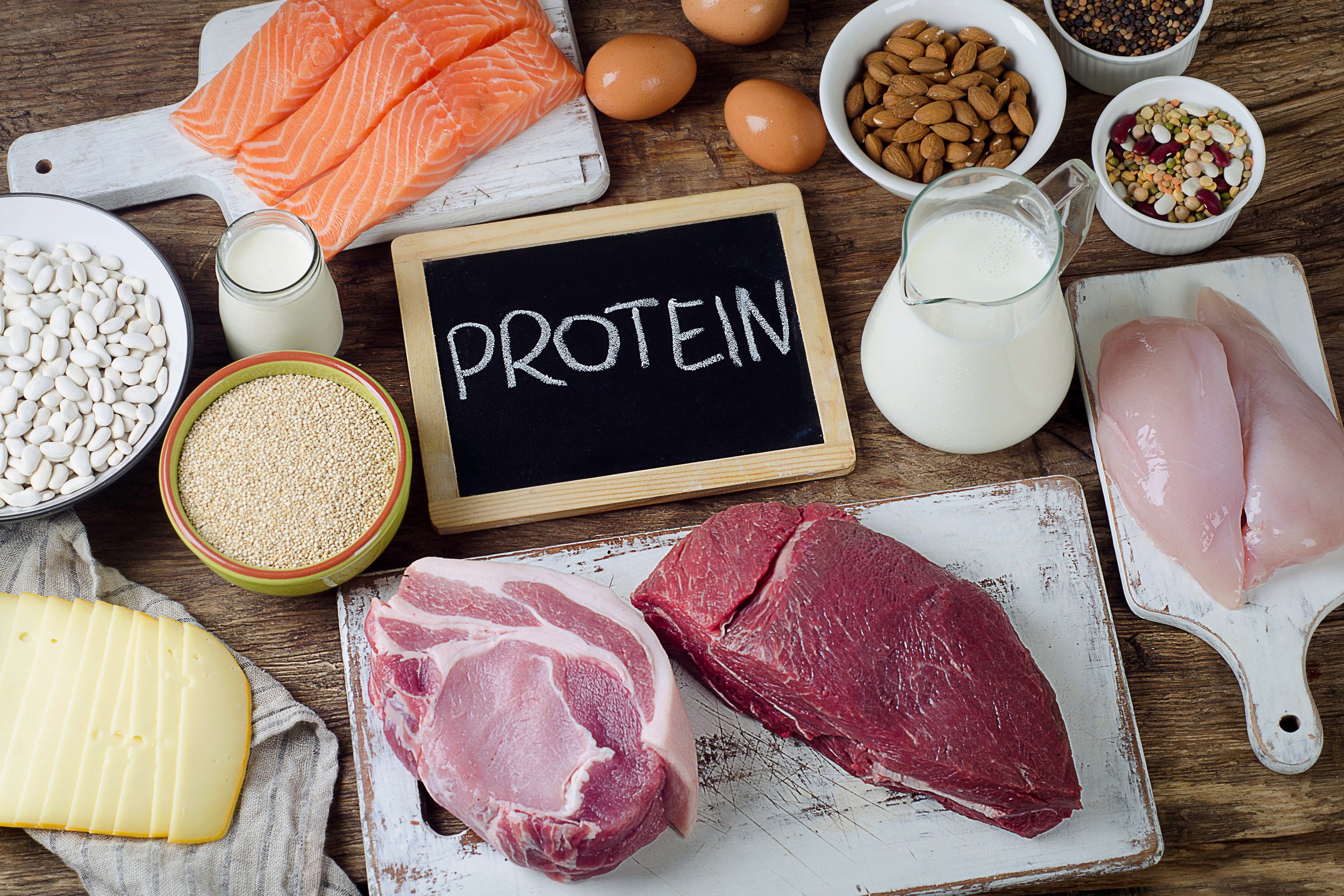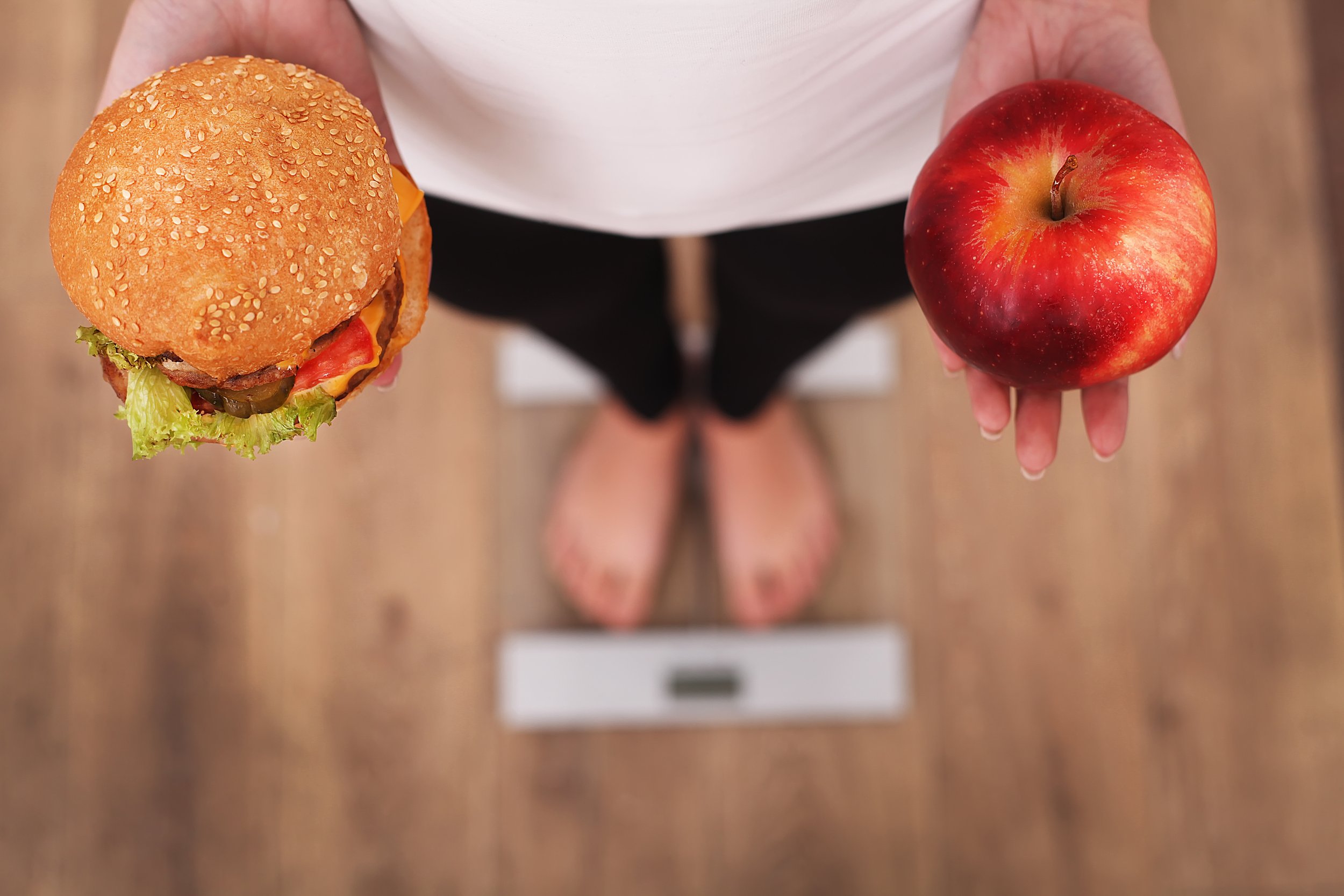The Science of Losing Weight the Healthy Way
How To Lose Weight the Healthy Way in 12 steps
By Andrea Klas, Andrea Klas Fitness
Losing weight in a healthy way involves making sustainable lifestyle changes rather than resorting to quick-fix diets or extreme measures. It is about losing the excess toxic fat while maintaining precious muscle. Most diets focus on weight loss without paying attention to the actual fat loss and the potential muscle loss that can happen when decreasing calories to lose weight.
Here are some tips to help you lose weight, lose fat, and maintain muscle in a healthy way:
1. Eat a balanced whole food diet:
Focus on consuming a variety of nutrient-dense lower calorie foods such as lean proteins such as fish, shellfish, poultry, egg whites, lean red meats, green high fibrous vegetables, fruits such as berries, whole grains and dairies such as 0% Greek yogurt and low-fat cottage cheese. Healthy mono-saturated fats are important in moderation and are essential in a whole-food diet for hormones, skin, brain, and eyes. Fermented foods have been proven to be very good for overall gut health. Try to avoid processed foods, sugary drinks, and foods high in saturated and trans fats.
2. Watch your portion sizes:
It's important to pay attention to the quantity of food you eat at each meal. You can enjoy all foods but the amount you eat is very important. Use smaller plates, measure your food, and avoid eating in front of the TV or computer. Eat protein the size of your palm, vegetables and carbohydrates the size of your fist and fats the size of your thumb.
.
TIP: What you can always find in my shopping cart? Greek yogurt with 0% fat. It is always great as a snack with protein powder to keep up with your proteins!
The Best Diet Plan for Rapid Fat Loss and Energy Boost
3. Eat 3 meals and 2 snacks: Per day, all including protein. Protein curbs your cravings and fuels your muscles. Try to eat your carbs early in the day for sustained energy and eat vegetables at every meal.
4. Eat so that you are satiated: never feel full and never feel hungry.
5. Practice intermittent fasting: Do not eat 1 hour after waking and 3 hrs before you go to bed.
6. Stay hydrated: Drink plenty of water, at least 2 liters throughout the day to keep yourself hydrated and help you feel full.
Your overall health depends on many factors, including how much and how well you sleep. Discover why getting enough sleep is so important and how to improve your sleep habits.
7. Get enough sleep: Lack of sleep can disrupt your hormones, leading to weight gain. Aim to get 7-9 hours of sleep per night. Important Factors To Consider Before Taking Creatine.
8. Exercise regularly: Aim for at least 30 minutes of moderate activity most days of the week. Incorporate resistance training into your routine at least 3 x per week. Resistance training such as lifting weights increases your bone density and metabolism. Short bursts of intense cardio: HIIT (high-intensity interval training) can also be beneficial. If you are a beginner you can start with walking, jogging, or cycling and gradually increase the intensity and duration of your workouts.
9. Reduce stress: Chronic stress can increase levels of the hormone cortisol, which can lead to weight gain. Practice relaxation techniques such as meditation, yoga, or deep breathing to reduce stress.
10. Seek support: Losing weight and changing your lifestyle can be challenging, so it's important to have a support system. Find a workout partner, or workout in a small group. Being a part of a community with likeminded people is very motivating and can help you “show up”.
How a Professional Coach Can Help You Reach Your Goals
11. Seek Professional support from a coach who specializes in fitness and nutrition. Remember, healthy weight loss starts with understanding calories, deficit and the difference between weight loss and fat loss. Working with a fitness coach will decrease the chance of injury and ensure good technique to get maximum benefit.
12. Understand the difference between weight loss and fat loss. When you lose fat and gain muscle you may not see much loss in “weight” , depending on much fat you need to lose. Muscle weighs 2.2x more than fat so as you gain muscle the number on the scale may not go down as much as you like but you are getting leaner, healthier, fitter and stronger. Focusing on losing fat and maintaining or gaining muscle is the best approach to achieving a healthy body. Healthy fat loss takes time, patience, and commitment. Don't be too hard on yourself, and celebrate your small successes along the way.
Understanding Weight Loss vs. Fat Loss
Why the Number on the Scale Doesn't Tell the Whole Story
While the scale provides a quick snapshot of your overall weight, it fails to differentiate between fat, muscle, water, and other tissues in your body. This means that even if the number on the scale remains stable or changes only slightly, significant improvements in body composition could be taking place. For example, you might be losing fat while simultaneously gaining muscle, which is denser than fat. Additionally, daily fluctuations due to water retention, glycogen levels, and hormonal changes can mask true progress. Focusing solely on the scale can therefore be misleading and may not accurately reflect your journey toward a healthier body.
The Importance of Muscle Maintenance for a Healthy Body
Muscle maintenance is essential for overall health and long-term success in your weight loss journey. Muscle tissue plays a vital role in boosting your metabolism, allowing you to burn more calories even when at rest. Beyond aesthetics, maintaining muscle strength supports everyday movements, enhances balance, and reduces the risk of injury. Engaging in resistance training and ensuring sufficient protein intake are key strategies to preserve muscle mass while losing fat. This approach not only improves your physique but also promotes better energy levels and overall functional health.
Final Thoughts on Healthy Weight Loss
Healthy weight loss is a gradual process that emphasizes sustainable lifestyle changes over quick fixes. By focusing on fat loss and preserving muscle mass, you create a solid foundation for long-term health improvements. Embrace a balanced diet, consistent exercise routine, and a mindful approach to your body’s needs. Remember, the journey to a healthier you is not solely defined by the number on the scale, but by the positive changes in your overall well-being, energy, and strength. Celebrate every small victory along the way, and stay committed to making choices that support a healthier, more vibrant life.
Read More Article
The Science and Practice of Intermittent Fasting: Your Guide to Wellness
Why Resistance Training is Essential During Menopause
6 ways to stay fuller for longer
HIGH INTENSITY INTERVAL TRAINING (HIIT)
CONTACT
PHONE: (604) 227-5633
EMAIL: andrea@andreaklasfitness.com
I’ll respond to you within 24 hours
I look Forward to connecting with you!
-Andrea








